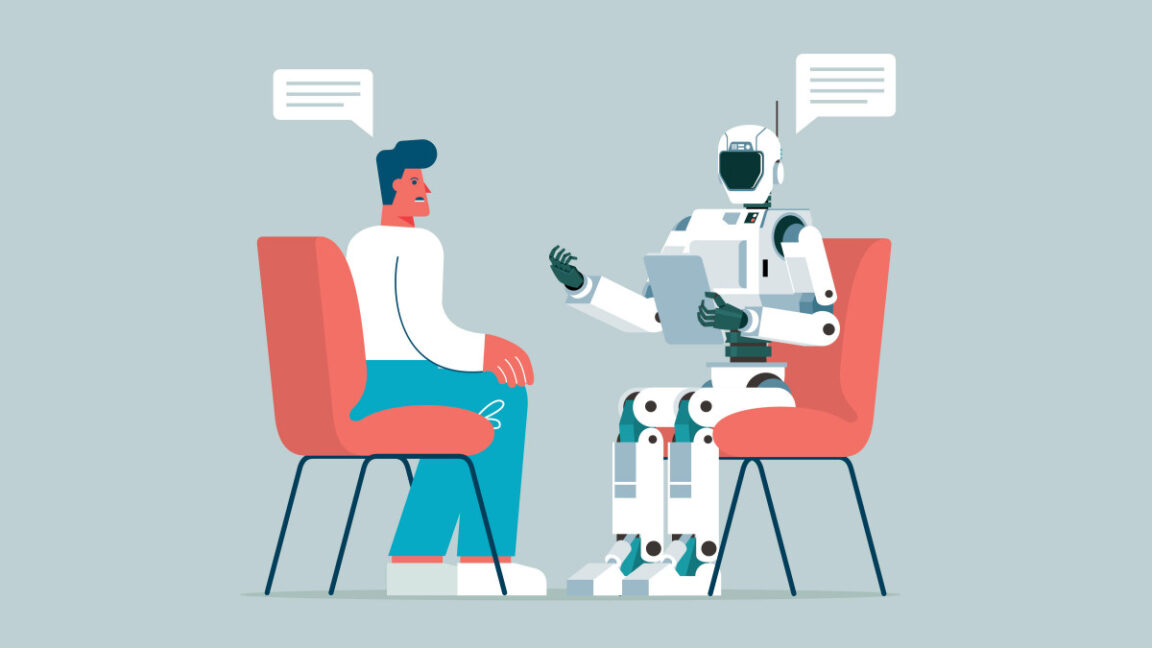OpenAI data suggests 1 million users discuss suicide with ChatGPT weekly
NeutralArtificial Intelligence

Recent data from OpenAI reveals that approximately 1 million users engage in discussions about suicide with ChatGPT each week. While these sensitive conversations are infrequent, they highlight the importance of mental health support in digital spaces. Understanding the scale of these interactions can help improve resources and responses for those in need.
— Curated by the World Pulse Now AI Editorial System






